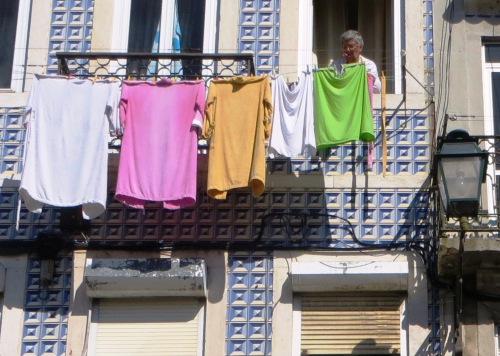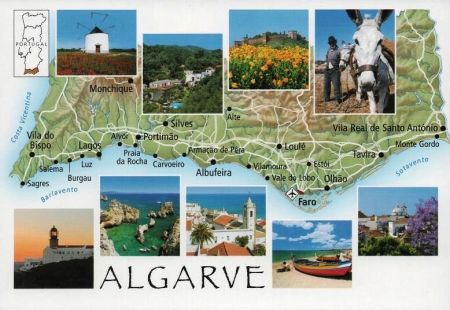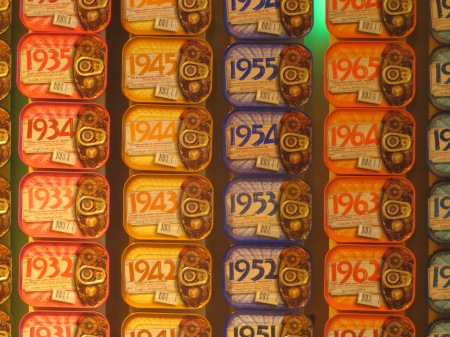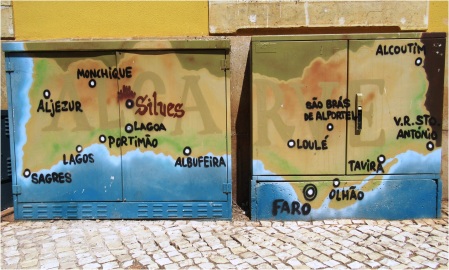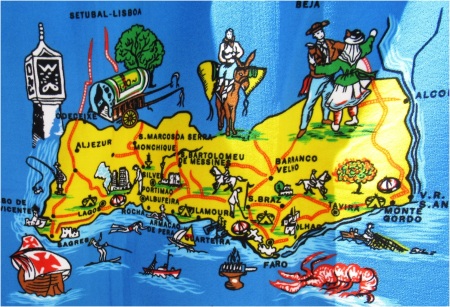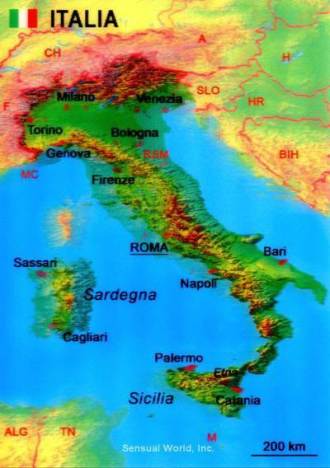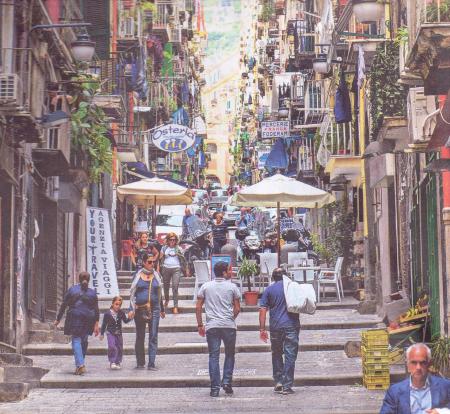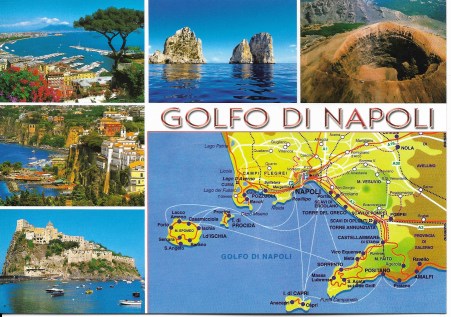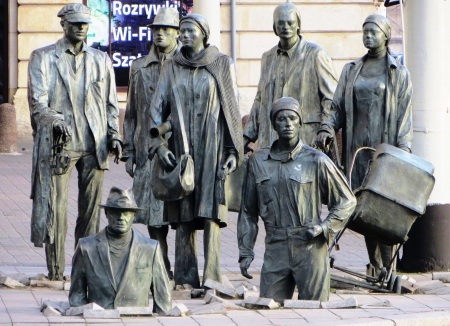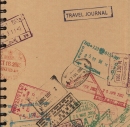
We generally take our main annual holiday in September. Sometimes we go to the sea, usually the Greek Islands which are our favourites and sometimes we travel. This year we decided to travel and we chose to go to Portugal.
There are organised guided tours available for this sort of thing but we prefer to make our own arrangements and not be restricted by a holiday company schedule and inevitable stops at shopping centres and outlet factories that suit the Company but not the Traveller.
We had decided to use the Portuguese railways so we plotted an itinerary that started in the capital Lisbon and then worked north through the town of Tomar, the city of Coimbra, the seaside at Ovar (Furadouro) and then finished in the second largest city in the country at Porto, a couple more days by the coast at Vila do Conde, visits to the cities of Guimarães and Braga and then back home.

In preparation for travel I carried out my usual research and used my favourite benchmarks to try and understand the country that I was visiting.
I started as usual with the Human Development Index which ranks countries by level of ‘human development’ and the statistic is composed amongst other criteria from data on life expectancy, education and per-capita gross national income. Portugal is ranked forty-first which is quite low, especially for Europe but it is improving and is up two places from the previous year.
Although it is in Western Europe (in fact it is the most western mainland European country) Portugal did not begin to catch up with its neighbours until 1968 after the death of the dictator António Salazar, the Left Wing Carnation Revolution of 1972 and eventual entry into the European Community in 1986.
I have been to Portugal several times before…

Unhappily, the European economic crisis has had a negative effect on Portugal’s position in the Europe Happiness Index and it is rated at only fifteenth out of thirty which is one place behind the United Kingdom. Finland is the happiest and Albania (no real surprise) the least jolly.
The Country has fifteen UNESCO World Heritage Sites and our travel itinerary was going to take us to six – The Tower of Belém in Lisbon, built to commemorate the expeditions of Vasco da Gama, the National Palace of Sintra, the Convent of the Knights Templar of Tomar, the University of Coimbra, The Historic town of Guimarães and The Historic Centre of Porto.
Portugal is famous for its Atlantic beaches which stretch for one thousand, one hundred and fifteen miles and along this coastline are three hundred Blue Flag Beaches which is the fifth highest amongst all participating countries but looking at the statistics in a different way they get even better and dividing length of coastline by number of beaches, Portugal is way out in front and storms into first place with one proud blue flag flapping away every three and three-quarter miles or so.
When it comes to wine, screw caps have all but completely replaced the cork. Interestingly 35% of the World’s cork forests and 50% of World supply comes from Portugal so there for the time being the cork stopper still reigns supreme.

My next measure is always the Eurovision Song Contest and Portugal has participated in the annual contest forty-nine times since its debut in the 1964. Up until recently the country held the unfortunate record for the most appearances in the contest without a win but they put that right in 2017 when they won in Kiev with Salvador Sobral’s entry, “Amar Pelos Dois”.
In my research I have discovered some more impressive statistics: Portugal is ranked third in the Global Peace Index, just behind Iceland and New Zealand. The index gauges global peace using three measures – the level of safety and security in society, the extent of domestic and international conflict and the degree of militarisation. Portugal for example was one of only a few European countries that escaped involvement in the Second-World-War, the others were Spain, Switzerland (only in theory of course because they did a lot of Nazi banking and gold trading), Sweden and The Republic of Ireland.
On the subject or war and peace, the Anglo-Portuguese Alliance (Aliança Inglesa) ratified at the Treaty of Windsor in 1386, between England and Portugal, is the oldest alliance in the world that is still in force – with an even earlier treaty dating back to the Anglo-Portuguese Treaty of 1373. England (UK) and Portugal have never been on opposite sides in any military conflict which is a very impressive statistic when you consider that in that time England (UK) has at one time or another been at war at some time or another with almost every other European country.

We arrived at Lisbon Airport early in the afternoon and took the metro into the city centre. A rather odd journey as it turned out because the automated on board information system curiously announced arrival at the stations one after the one we were stopping at next so we had to be careful not to get off one stop too early. Anyway we negotiated the journey and then after a bit of map confusion which we sorted out over a beer at a pavement café walked the final half a mile to our accommodation.
We had selected a studio apartment for our four nights in Lisbon and it turned out to be most satisfactory. The Travel and Tales rooms were situated in a domestic block of apartments so we were going to spend our time in Lisbon rubbing shoulders with real locals and we were happy about that.
We were allocated the Fernando Pessoa apartment who according to Wikipedia turns out to be… “a Portuguese poet, writer, literary critic, translator, publisher and philosopher, described as one of the most significant literary figures of the 20th century and one of the greatest poets in the Portuguese language”.
I apologise immediately for my ignorance in this matter but I have to confess that I had never before heard of him.





